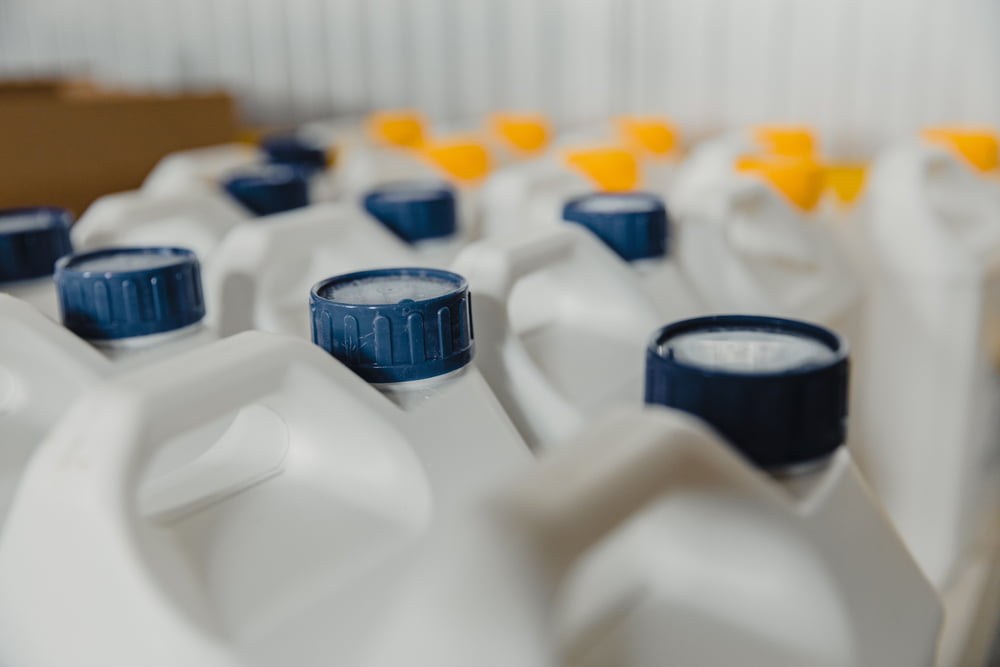Hazardous goods inspectors from the Human Environment and Transport Inspectorate (ILT) will visit the Caribbean Netherlands from September 27 to October 4. They conduct inspections and audits at various logistics companies. Do the inspectors see serious violations during or after a transport of hazardous substances on, from or to the islands of Bonaire, Saba and St. Eustatius? Then from now on they can draw up a criminal report. Previously, the ILT could only tackle violations through administrative law.
Roll inspection
The ILT is the supervisory authority in the Caribbean Netherlands (BES islands) for the transport of hazardous substances by sea and air on the islands. ILT inspectors visit the islands at least twice a year. The legislation covers the transport and handling of hazardous substances, including explosive substances (fireworks/gas cylinders), flammable solids or liquids (gasoline/jet fuel), toxic substances (pesticides), infectious substances (blood samples/hospital waste), radioactive substances ( radionuclides for medical use), asbestos, air backs and lithium batteries.
Powers of ILT
The inspectors of the ILT have supervisory and investigative powers. They may stop a transport, open packages of dangerous substances or have shipments containing dangerous substances repaired. When inspectors see that a company does not comply with the laws and regulations (ICAO or IMDG), an official report can be drawn up and a company can receive a transaction from the Public Prosecutor on Bonaire. This working method has been coordinated with the Public Prosecution Service BES.
Role of the transport chain
The senders, forwarders, carriers and recipients of dangerous goods are obliged to: Correctly classify dangerous goods. Use prescribed packaging and provide it with specific labels. Create a description (transport documents). Properly handle the cargoes (weirs and segregation of substances that should not be put together and/or separated from other cargo such as foodstuffs). These measures also help, for example, the fire brigade, based on labels and documents they know how to act or to estimate which extinguishing agent should be used in the event of a fire.
Regular inspections on BES islands
The ILT checks the companies that send, receive or process hazardous substances before or after transport by air. These companies must have a certificate. There are no permits for sea transport. Companies that load, unload or transport sea containers with hazardous substances do receive a visit from the inspectorate to check whether they meet the international requirements (IMDG).
“The ILT has a specific department that is responsible for issuing permits and exemptions for the transport of hazardous substances. Together with my colleagues, I regularly conduct inspections and certification audits at companies on Bonaire, Sint Eustatius, Saba and on the other islands of the Kingdom (Curaçao, Sint Maarten, Aruba). We have good cooperation with the authorities of these countries within the Kingdom".
Willem Hoogerhout (team leader hazardous substances).
Hoogerhout has been visiting the islands since 2009 and sees that the legislation has been increasingly complied with in recent years, but that the presence of the inspectors contributes to maintaining the safety level: “Over the past 10 years I have seen good cooperation between the business community and the government Islands." This autumn, the ILT is organizing a 2-day DG (dangerous goods) seminar to keep awareness about the handling of hazardous substances on the islands high on the agenda, according to the ILT.


